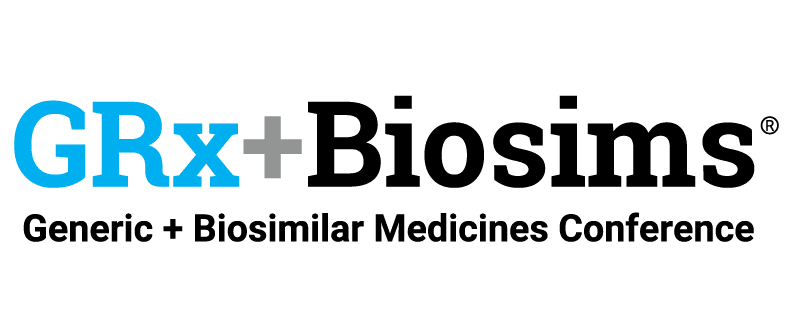2017 was a watershed year for patients seeking affordable alternatives to expensive biologic medicines . The number of FDA-approved biosimilars more than doubled, coinciding with a growing recognition that increased access and uptake of biosimilars will drive down the cost of biologic medicines, potentially saving the America’s patients and the health care system up to $250 billion over 10 years.[1]Indeed, the U.S. Food and Drug Administration (FDA), and its commissioner, Scott Gottlieb, recognized the importance of biosimilars in increasing market competition and the agency’s own role in broadening access to safe, effective generic drugs and biosimilars.
Below are some of the steps the FDA took in 2017 to facilitate greater access to biosimilars. With a significant number of applications for biosimilars under review by the FDA, we expect this momentum to continue in 2018.
-
- FDA approved five biosimilars in 2017, more than doubling the total number of biosimilars available in the United States . Those biosimilars provide patients new, less-expensive treatment options for a range of diseases, such as rheumatoid arthritis, Crohn’s disease and certain cancers.
- FDA acknowledged its role in facilitating increased generic drug and biosimilar competition and started taking steps to lift barriers. FDA released draft guidance to streamline the submission and review process for REMS programs that include more than one medication, and announced that it will look further at ways to prevent REMS programs from being used to block competition.

-
- FDA released draft guidance to provide advice to biosimilar developers on how to demonstrate similarity between their proposed biosimilars and their reference products.
- FDA launched an educational campaign to help patients, physicians and other stakeholders understand the benefits of biosimilars. The campaign includes a biosimilar explainer site, fact sheets, social media posts and additional patient-friendly background materials.

For more information, visit the Biosimilars Council website.
The Biosimilars Council is on Twitter, Facebook and LinkedIn. Follow us for the latest updates on biosimilars.
[1] The $250 Billion Potential of Biosimilars. Available at: http://bit.ly/2d2Mbjx. Accessed January 4, 2018.
